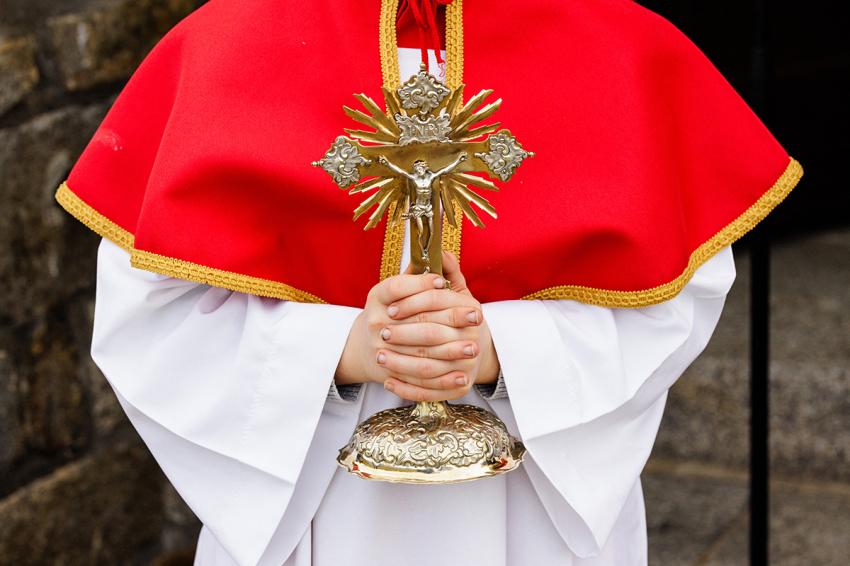Rio de Janeiro churches suspend activities in fear of 'Evangelical' drug lord

Four Catholic parishes in the northern parts of Rio de Janeiro suspended their activities amid rumors that gang leader and converted Neo-Pentecostal Evangelical, Álvaro Santa Rosa, also known as Peixão (“Big Fish”), had ordered the closures.
The churches — St. Hedwig and St. Cecilia in Brás de Pina, and Our Lady of the Immaculate Conception and St. Justin in Parada de Lucas — announced a temporary suspension of their activities from July 5-7, Crux Now reported, citing the local media outlet G1.
Prior to the announcement, armed individuals on motorcycles visited the churches and demanded the immediate cessation of all church activities, a local resident said.
The churches confirmed on social media that their weekend activities would be halted, offering no further explanations. Notably, St. Hedwig also called off its traditional festivities in honor of St. John the Baptist and other saints celebrated in June.
Peixão, who controls several favelas in the region, is reportedly infamous for his misled fervor and past acts of religious intolerance, particularly against Afro-Brazilian religions like Umbanda and Candomblé. He previously forced the closure and relocation of religious centers, and launched attacks on holy figures and sites.
The area under his influence, referred to as the Israel Complex, features numerous depictions of the Star of David and the name of his gang, Aaron’s Band. Over the years, Peixão’s actions have been denounced as part of a pattern of religious intolerance.
The media’s attention to the church closures prompted a response from the state government of Rio de Janeiro. Officials announced the deployment of police forces to the area and claimed that there had been no directives from any drug lords regarding church operations.
By July 7, normal services had resumed across the parishes, with St. Hedwig reinstating its June celebrations.
Governor Claudio Castro, a Catholic and member of former President Jair Bolsonaro’s Liberal Party, has historical ties to the Charismatic Catholic Renewal through his past involvement in a related musical group, according to Crux Now.
Ivanir dos Santos, a scholar and leader in the Candomblé community, has documented the increasing violence against diverse religious groups. He has advocated for a substantial governmental plan to combat religious intolerance to prevent the escalation of such violence, which has historically targeted Afro-Brazilian religious centers and is now affecting other denominations.
Fr. Luiz Antônio Pereira Lopes, head of Rio de Janeiro’s Favelas Pastoral Ministry, linked the hostilities to dominion theology, an ideology that's growing in influence in Brazil.
Behind these actions are misinterpretations and decontextualized views of biblical conquests, wherein faith is purported to justify both territorial and ideological domination.
Pereira Lopes noted that gang leaders often have relatives who are active church members.



























